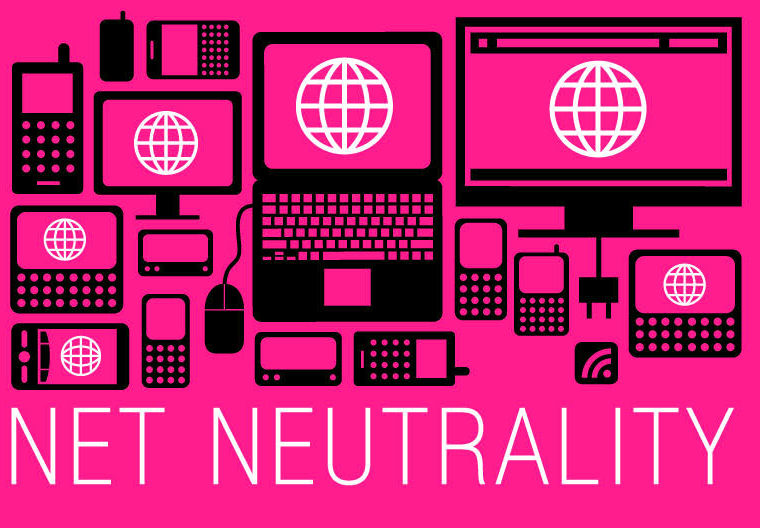Lately there has been increased interest, interference, regulation and policy pronouncements in the Zimbabwean telecommunications arena; while some of these initiatives at face value seem beneficial to the consumer, there is need to unpack them to understand their import in terms of the possible ulterior motives. In this piece I will focus on the proposed drive for net neutrality.
Net neutrality, on paper and theoretically, is a good and just approach that allows for internet users to access internet services (applications or websites) at the same tariff or rate, indiscriminate of the website or application they access. It’s almost a type of digital democracy ensuring fair unsubsidised access to all sites.
The obvious challenge that net neutrality advocacy will bring service providers, particularly mobile networks, will be that these businesses have been introducing various internet service specific bundles and promotions in order to encourage use, drive revenues and encourage customer loyalty. Examples of the type of bundles would be Facebook, Twitter and WhatsApp bundles across all networks under different promotional brand names.
This article will attempt to unpack the ethical, commercial and consumer impact the pursuit of internet equality will have.
No two internet services are the same – social responsibility
Net neutrality or equality is about ensuring no single site gets favourable or discounted treatment. This poses a challenge as no two sites are the same in terms of importance and social impact. Take for instance Econet’s zero-rated, free sites, like the ones they made accessible for tertiary institutions which an Econet subscriber can access for free. This social responsibility initiative makes immediate sense but unfortunately flies in the face of what net neutrality is about.
The idea that some sites are more equal than others is hardly debatable. Sites offering medical services, educational information and social responsibility initiatives are deserving candidates for preferential treatment. Net neutrality will mean service providers and mobile network operators (MNOs) will no longer be able to offer corporate social responsibility by zero-rating or discounting certain internet offerings.
Greater good for the greatest number
Another challenge net neutrality proponents in Zimbabwe fail to appreciate is that the soon to be possibly banned data, social media and internet bundles are actually meant for the benefit of the majority. Numbers are an important consideration in any political system that is premised on democracy.
Net equality advocates argue that WhatsApp, FaceBook and Twitter are the main beneficiaries of the bundles as they are offered cheaply via bundles which is true and for good reason. MNOs selected these services for their bundles based on usage and popularity.
Net equality promoters have argued that the MNOs haven’t conducted a proper research into the usage of these services and, at any rate, the customers might want to access other sites so the only reason they seem to like these services is because these are the only ones on promotion. This is a fallacy. MNOs have based their bundles on research, not a survey but actually on analytics which show them which sites are being visited frequently by users and with what type of device, and to an extent from which location.
MNOs are in business to turn a profit and their for-profit design means that they follow the money which means following the numbers. MNOs base their product and promotional offerings on demand and the classic definition of marketing is meeting consumer needs profitably so it is actually the consumers who have been clamouring for internet service specific bundles.
The market system
Net neutrality goes against the very grain of a free market system determining pricing and preference. Currently the proposed net neutrality is the direct opposite of a free market system. The moment we have the state controlling prices, we are gravitating towards a socialist intent. Zimbabwe’s present over regulated environment characterised by price and tariff controls are all pointing to a centralised production system that has the government controlling all enterprises away from a decentralised capitalist approach.
I worry deeply about the continued interference by government in decisions that should be taken by corporates and consumers through a bargaining system which self-regulates the pricing regime via supply and demand.
Net neutrality silences the poor
The biggest and perhaps most important consequence of net neutrality is that the similar pricing of all sites will mean that sites that had become affordable thanks to being subsided under bundles and bonus promotions will become expensive, effectively pricing out the voices of most netizens or digital citizens that had become accustomed to using the various social and digital platforms to air their concerns to their government.
Perhaps my reading is mischievous but digital democracy needs social and digital platforms to be affordable and accessible so by introducing net neutrality few will be able to voice their concerns as has been the case with the various social and digital campaigns like #ThisFlag, #ThisGown and #Tajamuka. My biggest fear is that in clamoring for net neutrality we might unwittingly play into the hands of a government that wants to put a dollar price on the freedom of speech.
In our naiveté let’s not allow the over regulation and control of a relationship that should be governed by consumer wants and needs negotiated between consumers and corporates to be run by the government.
Source : Tech Zim









